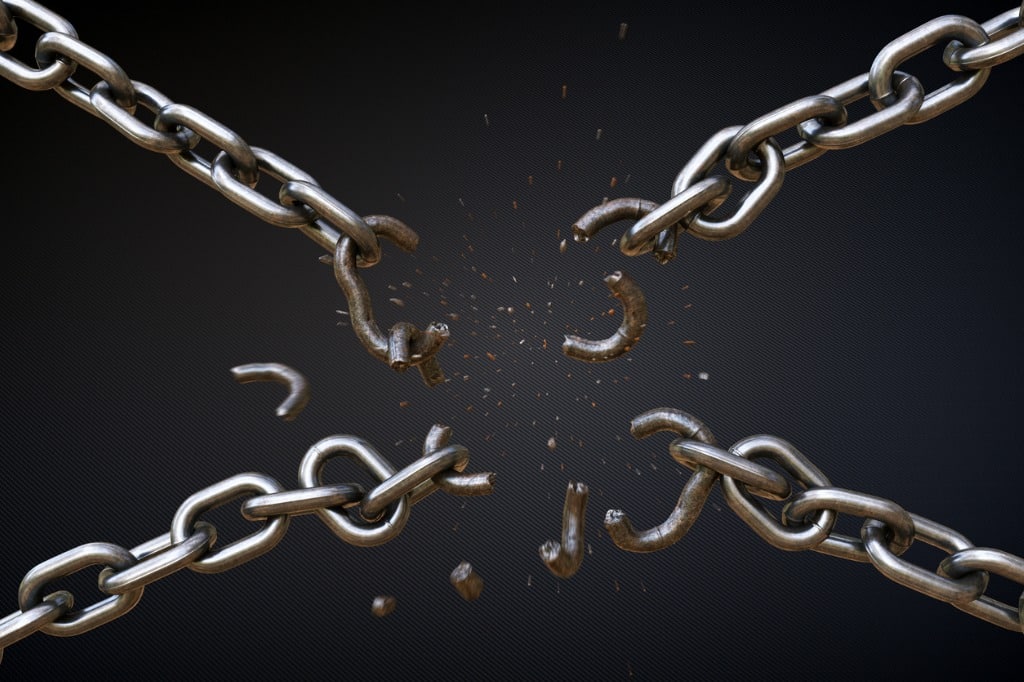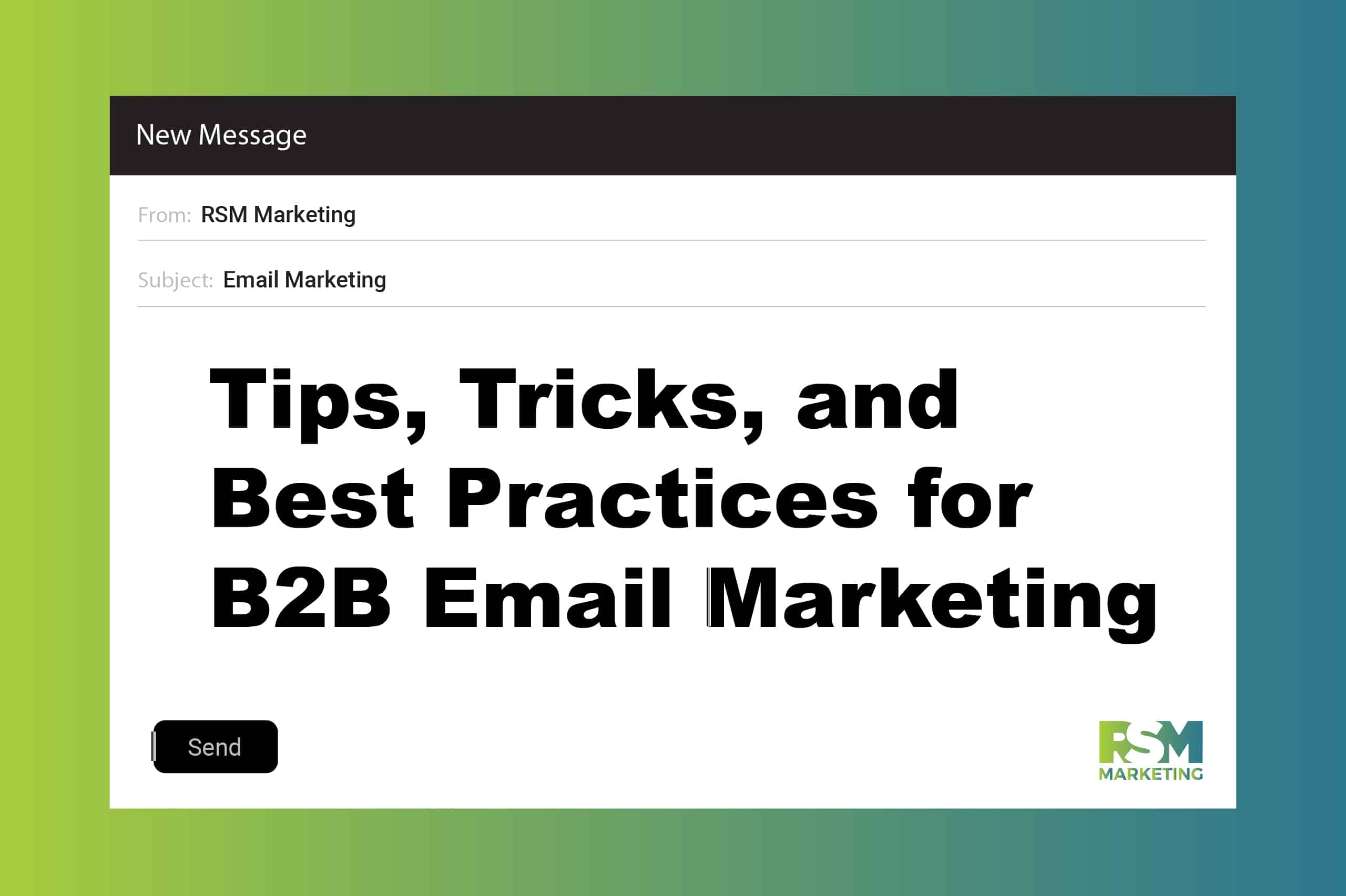Marketing Insights

Whenever someone gives you advice, the first thing you probably do is evaluate whether their advice is trustworthy or not. Part of that evaluation is deciding how much knowledge the person has about the topic and how relevant the advice is to your specific circumstances.
In general, you’re more likely to trust advice from people who share (or at least understand) your priorities, and you’re more likely to trust someone who has personal or specialized knowledge about the topic.
For example, if your friend Lee (a software engineer) suggests that you can solve a problem with a lawsuit, you probably won’t take that advice as seriously as you would if your friend Jamal (a lawyer) suggested the same thing—especially if Lee suggests lawsuits as a solution for most problems.
On the other hand, Jamal probably isn’t the first person you would text if you have a question about why the email sign-up widget on your site keeps giving you an error you can’t figure out.
The concept of “domain authority” (or DA) is similar to that but for websites.
What Is Domain Authority?
Domain authority is a score between 1 and 100 that attempts to determine the trustworthiness of the information on a website; DA can help predict how well your website will rank on search engines. This is different from your page authority, which measures the authority of individual webpages as opposed to your entire site.
The algorithm for gauging domain authority was developed by Moz and uses 40 factors, including the following.
- The number of backlinks to your website
- The quality and relevance of those backlinks
- The quality of your site content
- The popularity of your domain and social media content
- Your website’s general SEO performance across multiple search engines
- How user-friendly and accessible your site is to navigate
- Other factors that aren’t publicly known
You can check your own website’s domain authority (or the domain authority of any other website) by using the Moz domain analysis tool. Simply type in the domain you want to check to see the domain authority of the website.
What Is Domain Authority NOT?
It’s worth noting that your domain authority isn’t based directly on Google search rankings and doesn’t influence Google search rankings in any way. This means it’s possible to have a high DA and low Google search rankings—or even no Google search rankings.
Google penalties aren’t taken into account by Moz when determining your DA. You can have a high DA on a site that’s been penalized by Google, and therefore doesn’t have a Google search ranking at all. Moz also uses fewer factors to determine your DA than Google does to determine your search ranking—Moz uses 40, while Google uses a secret number that’s been estimated to be upwards of 200.

When it comes to changing your domain authority, it’s easier to improve a low score than a high score—so moving from 20 to 30 is much more achievable than moving from 70 to 80, and it’s incredibly difficult (bordering on impossible) to break into scores upwards of 90.
Those high scores are the results of decades of calculated branding, marketing, link-building, and on- and off-page SEO. Besides, if it was easy to overtake that kind of track record without doing that kind of work, there wouldn’t be much sense in using DA for much of anything.
Simply put, domain authority is a separate ranking algorithm that is more or less attempting to mimic Google’s algorithm, and this is what makes it a useful metric to consider when implementing your online marketing strategies.
Why Is Domain Authority Important?
Even though domain authority doesn’t have a causational relationship with Google search rankings, studies have shown a strong correlation between DA and SERP rankings. This indicates that domain authority could be a useful way to help gauge how much organic traffic you could receive from Google.
How to Effectively Use Domain Authority
It’s easy to say you want your website to have a DA of 100, but what does that really mean?
Every new website automatically starts with a domain authority of one. As that site builds its readership and earns more backlinks, its domain authority will increase based on the number and relevance of those backlinks, as well as the relevance of the sites that host the backlinks.
Rather than aiming for a DA score that sounds good in a vacuum, it’s best to evaluate your website’s DA compared to similar websites, especially your competitors’ websites and websites that you model your own site after and seek to become synonymous with.
As an example, sites with a DA in the 90s include Google and Facebook. If you’re not a search engine or a major social media company, it’s not especially useful or cost effective to try to reach a score that high—especially if your competitors are all in the 30 to 40 range.
These lower-sounding scores can actually be a spectacular score for sites that have fewer backlinks, like a niche product website, a website for a small business, or most other scenarios that don’t involve multinational corporations that have a marketing department for their marketing department.
Once you know where your website’s domain authority lands compared to the DA range of similar websites within your niche or industry, it’s time to make a plan to position your website to outrank the competition.
How to Increase Your Domain Authority
Aim for High-Quality Backlinks from Authoritative Sites
If you’ve been paying attention, you may have noticed all the attention on backlinks, and that’s no accident. Backlinks aren’t just an important factor in DA ranking, they’re one of the top two most important factors in DA ranking.
Backlinks aren’t just an important factor in DA ranking… they’re one of the top two MOST important factors in DA ranking.
This is because backlinks are a good indicator of organic traffic—it’s based on the idea that if an authoritative website links to a webpage on another site, then that webpage is likely to be high-quality and trustworthy.
Authoritative websites include government sites (.gov), educational sites (.edu), sites that are known by most of the general public (Twitter, National Geographic), and any site that’s ranked highly within its DA range compared to other similar sites. When these sites backlink to your site, they’re essentially using the power of their site’s DA to boost your site’s DA.
It’s like when your lawyer friend tells you about a law firm or your software engineer friend tells you about a new app. You trust that they know what they’re talking about, so you take their word that whatever they’re recommending is worth your time.
Create Link-Worthy Content
Obviously, the best solution is to simply create a steady supply of viral content that will catapult your website into a position of unquestioned relevance and authority. Focus on creating content that seeks to inspire, entertain, assist, or support others in some way. It’s easier said than done. Trust us.
Once your content is in the wild and people start consuming it, people will be more likely to share it with others if it’s useful in some way. Content that attempts to game the algorithms for higher search rankings will hit a brick wall because it isn’t interesting to the readers who find it.
The more people who see your content, the more likely it is to get backlinks, and the more backlinks it gets, the more likely it is to get backlinks from authoritative sites that will increase your own site’s domain authority.
Another way to get your content in front of a new audience is by collaborating with other website owners who operate in a similar, overlapping niche. You can exchange content and backlink to each other’s sites. If done correctly, this can bring new readers to everyone involved, and you’ll all see the benefits.
 Remove Low-Quality Backlinks
Remove Low-Quality Backlinks
With all the emphasis on high-quality backlinks, you’re probably wondering what happens if you receive backlinks from less-than-authoritative or untrustworthy sites. Backlinks from spammy, scammy, or potentially harmful websites can and will decrease your website’s domain authority and search rankings and (in rare cases) can even result in a penalty from Google that could affect your whole business.
What you should do is regularly audit your site for bad links from suspicious sites and remove them. You can do a complete link profile using SEO tools to suss out bad links. Then, contact the website’s owner and ask them to remove the link or add the “nofollow” tag so that search engine crawlers won’t count it against you.
If the website owner won’t remove the link or doesn’t respond to your request, there are other tools (like the Google disavow tool) to remove the bad links from your profile so the actions of a suspicious website won’t have a negative impact on your website.
Optimize Your Site for Ease of Use
Beyond just being the considerate thing to do, having an intuitive and accessible website also helps boost your domain authority.
Optimizing your site for mobile devices is crucial. The majority of people access the internet through their phones most of the time, so having a site that doesn’t run smoothly on mobile is no longer an option if you want to increase your DA.
A logically structured site is easier for search engine crawlers to index correctly, meaning higher search rankings that bring readers to your content faster.
Last but not least, keep your website secure! Get your site SSL-certified and move it to HTTPS. This will ensure that your site is safe for users and will also avoid that annoying redirect notice that tells people your site could be dangerous.
Improve Internal Links
Building on ease of use, you’ll want to take a look at your internal links. Taking the time to link to specific pages in an intentional and coherent way keeps users engaged with your content and on your site longer, reducing the bounce rate and contributing to higher metrics.
On the search engine side of things, the bots are able to crawl your site more easily and efficiently when there are internal links.
Internal links also have a similar effect to backlinks when it comes to the authority of individual pages. More links pointing to a specific page shows the search engine that the linked page is trustworthy on the basis of it being popular. The effect is that many high-ranked pages linking to a lower-ranked page will help to pull the lower-ranked page up to a higher rank (neat!).
Increase Your Domain Authority the Right Way
If you’re thinking this all sounds like a lot of work, you’re right! And if you’re thinking this sounds like something better left to the experts while you tend to the business of running your business, we have great news for you!
There are content marketing techniques that can help your company increase your domain authority—and that’s where RSM Marketing comes in. Our SEO specialists will help you build better backlinks, post more linkable content, and develop a content marketing strategy that drives more traffic to your website.
Want Some Help?
That’s what we’re here for! Whether you need some guidance on moving in the right direction or a whole lot of marketing muscle—the experts at RSM Marketing can make it happen.
Start with a simple conversation! Complete the form and one of our team members will be in touch.

 Remove Low-Quality Backlinks
Remove Low-Quality Backlinks


